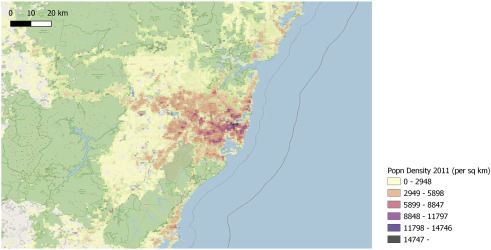Libraries, Digital Information, and COVID Practical Applications and Approaches to Challenge and Change Chandos Digital Information Review 2021, Pages 111-118
Inoculating Cities, Case Studies of Urban Pandemic Preparedness, 2021, Pages 171-199
Inoculating Cities, Case Studies of Urban Pandemic Preparedness, 2021, Pages 227-233
Ocean Currents, Physical Drivers in a Changing World, 2021, Pages 497-520
Nuclear Decommissioning Case Studies, Volume Two - Policies, Strategies, Planning and Knowledge Management, 2021, Pages 3-7
Disaster Resilience and Sustainability, Adaptation for Sustainable Development, 2021, Pages 1-20

